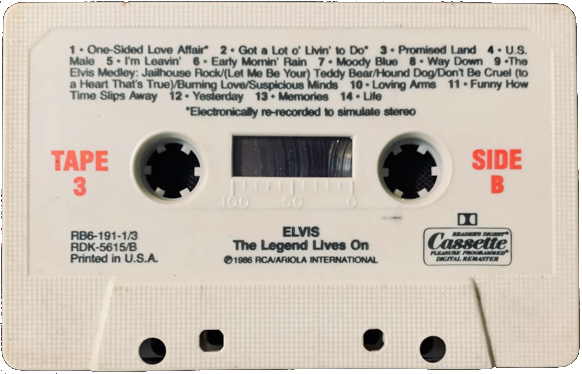B-SIDES
Well, it might seem counterintuitive: to successfully move from point A to point B, better chances of accomplishment come from not only focusing on the A-B path, but also increasing the number of various paths that will be covered.
Why is it needed? Let’s talk about a typical question that’s been asked a million times: how to become a really exceptional developer (other -ers)? Also, where to start/continue, how to improve, etc.
Most people asking this are expecting one of two kinds of answers:
- the magic Pill - a silver bullet, red apple, or some shortcut to skip the journey and enjoy the pie without baking it.
- the intimidating list - advanced topics like quantum physics, biochemistry, or rocket science. This type of answer gives people a comfortable excuse: “Oh, it’s way too complicated for me. I tried, but I’m just not cut out for it.” It’s a way to keep their peace of mind, freeing them from the nagging thought of “What if I had tried?”
This text is not for them. This is for those who are desperately trying to figure it out but aren’t sure where or how to gather the right kind of experience.

So, there's no need for any kind of rocket science to succeed. Sure, advanced skills and specialised knowledge are quite valuable. It's questionable whether they’re the decoration or foundation (maybe both?). Here’s the trick. Obviously, any kind of activity requires acting. There are three basic acting types, such as inaction, inert processing, problem-solving. The first two are simple and understandable: monkey see, monkey do. We're mostly interested in problem-solving.
Problem-solving is a tier one skill required in any job, game, real-life situations. The good news is that improving this skill is pretty easy. That's exactly a linear mindless activity, or inert processing, if you will. The only requirement to build a broad problem-solving ability is to step into challenges far beyond your awareness zone. Understanding algorithms, physics, maths, and rocket science is easy if you already know them.
It's good to start with something unrelated to your field, like:
- Music — Learn an instrument, compose a song.
- Architecture — Explore design principles, try building a house.
- Languages — Learn a new one.
- Reading — Fiction, non-fiction, philosophy, science.
- Running — Run a marathon, run sprints every day.
The list is endless. The only two rules are:
- It must be complicated, challenging, and include problem-solving.
- Once you’ve tackled one, move on to something new. Start from scratch again, learn the basics, and figure out how to succeed in unfamiliar territory.
The more diverse your experiences, the more tools you’ll have in your toolbox. It's a way of building new mental structures that prepare you for increasingly complex challenges. Every success adds another piece to your experience puzzle, making you more equipped to handle the next big thing.
Food for thought
- LeetCode won’t help you write a symphony.
- Audio recording skills won’t help you build a sturdy house.
- Knowing how to design a house won’t teach you about algorithms.
Nevertheless, experience in all these areas can help you approach each task from fresh perspectives, improving your ability to adapt and innovate. On the flip side, though, many professionals focus obsessively on refining a single skill, and it pays off. While mastery is important, it’s equally vital to explore and develop your b-sides — the lesser-known, unconventional parts of yourself.
- Start a pet project.
- Launch a small business.
- Travel the world.
- Record a platinum album.
- Land a kick-flip on a skateboard.
The point isn’t to become a master in all these areas. It’s to expand your horizons, challenge your brain, and discover new ways to think and solve problems. Each new experience builds resilience and creativity, traits that are invaluable in any professional field.
Music, like writing, requires structure, rhythm, and attention to detail – skills that easily transfer to programming. Navigating a foreign country teaches you how to communicate without words, manage resources, and handle uncertainty. Building a house forces you to think about structure, function, and aesthetics. All those skills and principles may build synergy, and you are free to run another round.
So, instead of obsessing over one path, consider exploring some b-sides. Perhaps, some of them might also turn into your best sides.
